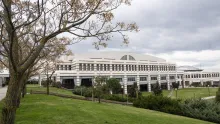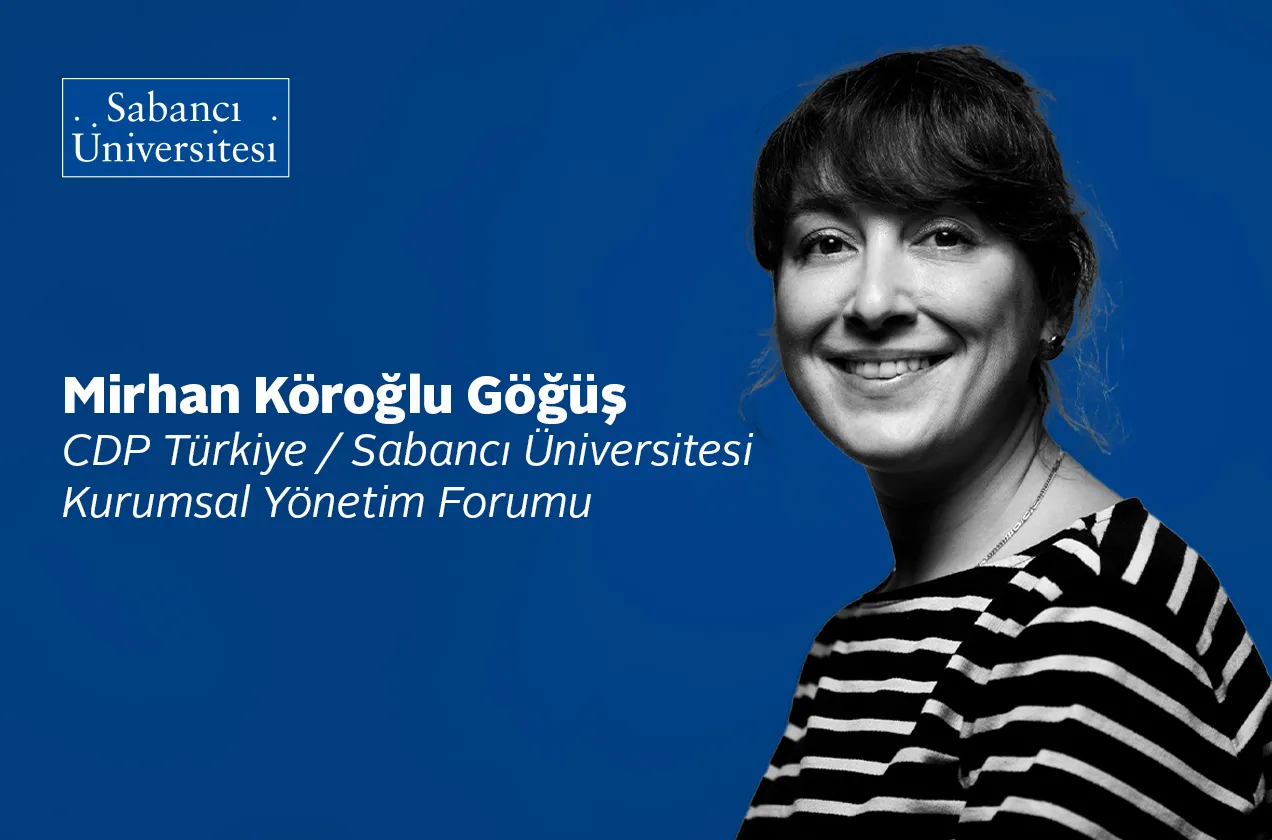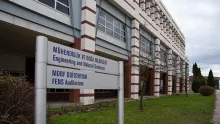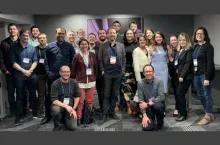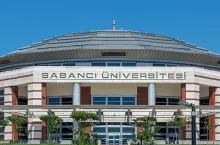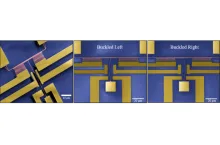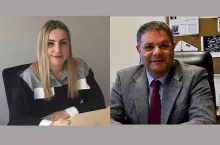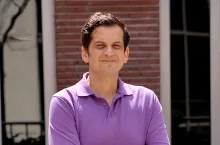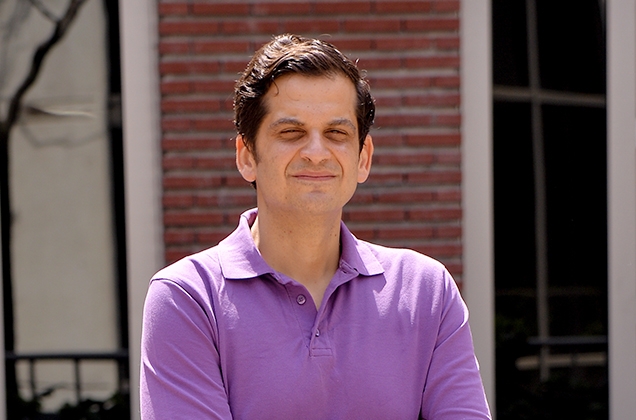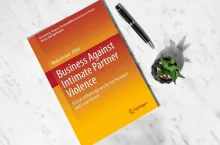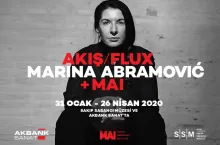25/02/2020
Sabancı University Graduate School of Social Sciences Economics Graduate Programs (Master’s and Doctorate) 2020–2021 Fall Semester Early Applications
EARLY APPLICATION DEADLINE: April 3, 2020 (Economics MA/PhD programs only)
The Sabancı University Graduate School of Social Sciences will accept early applications to the Economics graduate programs that start in the Fall semester of the 2010–2021 academic year.
